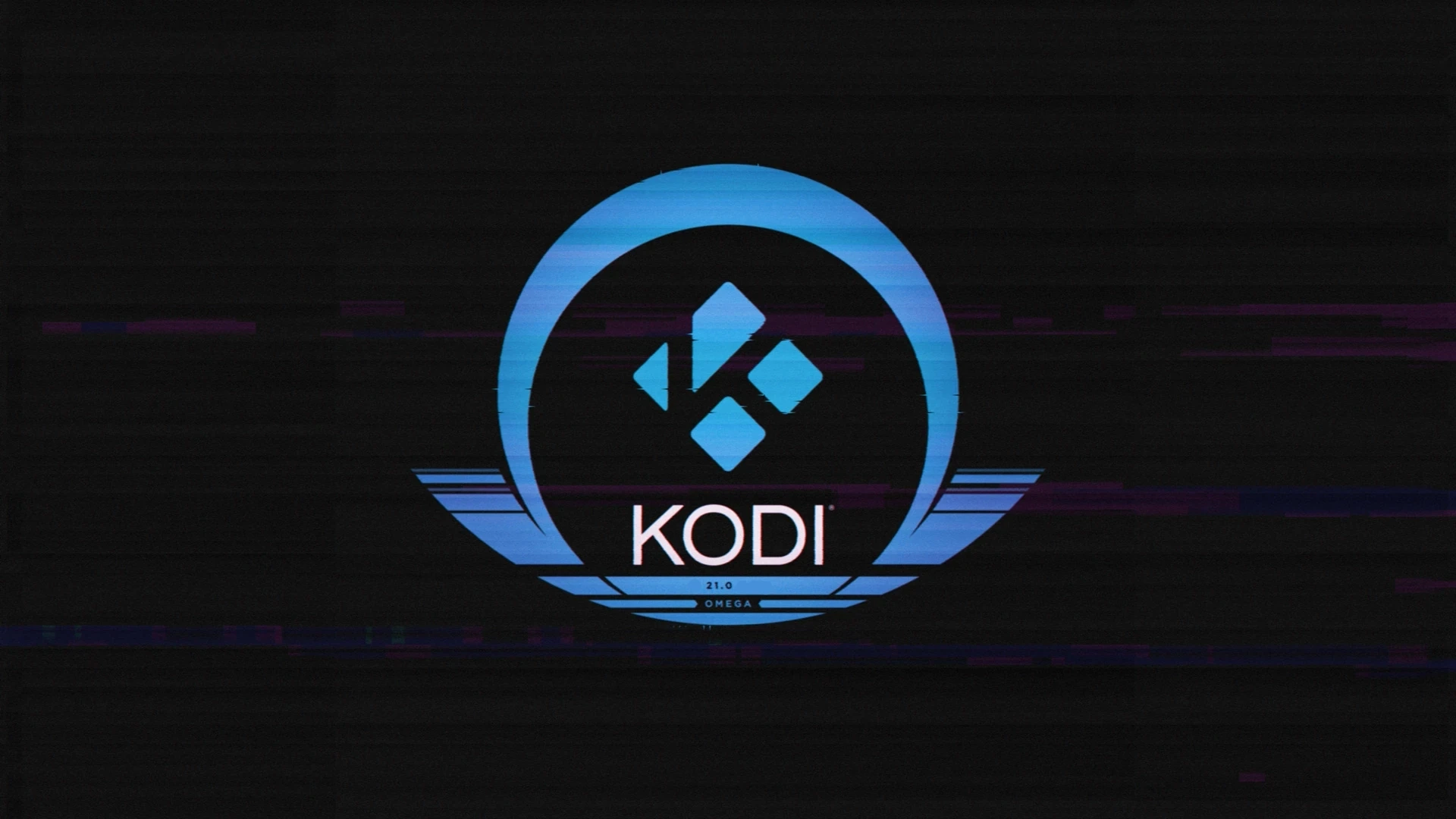Kodi 21.0 has been announced today as a major upgrade to this popular, free, cross-platform and open-source home theater/media center software and an entertainment hub for your digital media.
Following over a year after Kodi 20 “Nexus”, the Kodi 21.0 “Omega” edition is now available featuring FFmpeg 6.0 support, NFSv4 support, capability for reading and writing M3U8 playlists, AVIF image support, Linux AudioEngine enhancements, and the inclusion of passthrough formats such as DTS-HD and TrueHD in Linux.
In addition for Linux, Kodi 21.0 establishes support for libdisplay-info which aids in parsing EDID information and identifying display capabilities. Additionally, Linux users now have the option to choose the audio backend using a command line switch during Kodi’s launch. This allows viewing the enabled audio backends with which Kodi was built.
Furthermore, Linux users benefited from improved VAAPI VP9 Profile 2 playback support, enhanced PipeWire support, a new --gl-interface=<interface> command line switch that supersedes the old environment variable usage of KODI_GL_INTERFACE, and the ability for Raspberry Pi devices to display CPU temperatures without the need for external scripts. Additionally, Kodi no longer utilizes the Linux’s ping utility as it now has its own version.
For Android, this release improves Dolby Vision detection and compatibility and implements a minimize shutdown function in Power Saving settings. There’s also better support for Amazon FireTV 4K devices and improved Amlogic BSP audio support.
Kodi 21.0 also adds HDR10 support for Xbox, support for DXVA2 AV1 hardware video decoding 8-bit and 10-bit on Windows, along with support for “Video Super Resolution” for NVIDIA RTX and Intel ARC compatible hardware, Windows 11 refresh rate switching, and color accuracy changes for 10-bit SDR/HDR color mapping.
PVR has been updated with support for sorting channel groups, UPnP support should now work better with official smart TV apps when displaying and browsing served UPnP Kodi libraries, and the Retroplayer ecosystem received several improvements as well for games.
There have been improvements in the management of movement keys in specific lists like Settings. The generation of thumbnails for portrait-orientation pictures has been corrected. There is support for video information for Movie Sets and TV Seasons. The default theme, Estuary, has experienced various upgrades.
The folders for TV Shows, Seasons, Movie Sets, and Recordings now expose their progressing state. The Estuary theme includes media flags for music. There’s improved artwork cache management and new settings for controlling NFS and SMB chunk size.
webOS support has received improvements in the Audio sink, the playability of AV1 Dolby Vision files on supported devices, suspend to background support, and a new way to pause or resume media playback when Kodi is minimized or restored. It now supports mapping information keys on webOS remotes, shutdown and reboots, and preliminary support for webOS 4 devices.
Notable updates included in Kodi 21.0 feature support for .ttc font collections, enhancements in the Teletext browser window, the capability to build Kodi with Python 3.12 and SWIG 4.2.0, video rotation from metadata improvement, and the setting to manage the resume behavior at the onset of video playback.
Further, a new “Adaptive” feature is presented in Services / Caching / Read Factor. This introduces a variable read factor grounded on cache level, implying that the cache will replenish quicker but adopts a less aggressive read factor when the cache is already filled to capacity.
Finally, Kodi 21.0 presents a choice to avoid volume synchronization to a UPnP target, a fresh command to adjust the playback speed (tempo), a distinct command to trigger the screensaver, and an innovative approach in Music to proceed from artists directly to songs, mirroring the navigation style on Spotify.
For more details about the changes implemented in this release, check out the GitHub release notes. Kodi 21.0 “Omega” is now available for download from the official website for all supported platforms.
Last updated 13 hours ago
